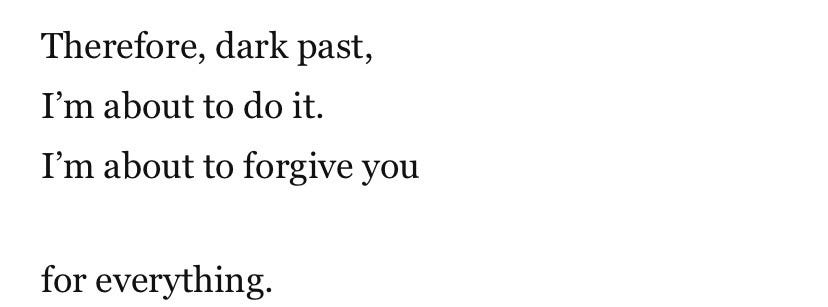Dear Friends,
I received lovely messages about how 31 Writing Prompts That Work helped you write in January, so I decided to offer a February edition. It takes a significant number of hours to put these exercises together, but it’s also a delightful way for me to revisit—and discover—new texts that I can draw from as I curate inspiring starting points for your writing. I hope these help you discover new writers whose works you may not have come across before and that you will borrow or buy their books from your local bookstore.
Remember: these are meant to be starting points for free writing. As you till the soil of your mind, don’t worry about what form your writing will take—it could end up being an essay, a scene in a short story, or a poem. Free write into the prompt, then see what naturally comes out of your exploration.
The first five exercises are available to Free Subscribers and the rest are visible to those who have upgraded to Paid. As you know, the vast majority of my posts are free. Those who upgrade to Paid have access to a library of past classes, the full archive, and seasonal workshops with me.
As ever, keep me posted on your progress. I love reading the results of these exercises and love even more when you reply to cheerlead each other’s efforts.
xM
#1 — In This is Happiness, Niall Williams writes: “Maybe I didn’t know it then, I’m pretty sure I didn’t. Didn’t know that there are times in a life that pass but retain a gleaming, which means they never die, and the light of them is in you still.”
Prompt: Write about a moment in your life that “retains a gleaming.” Try to focus on the five senses—what does a gleaming feel like? Smell like? Taste like? This will help us avoid lapsing into abstractions or clichés as we try to talk about a moment that still casts a particular glow. Remember, show don’t tell is an adage for a reason—you want the reader to infer/feel that gleaming for themselves.
#2 — In “Ode to the Defense Mechanism,” Ira Sadoff writes: “Inside the hardness of the heart, the numbness of the heart, there lay a smaller heart, a splinter in your finger, throbbing and pulsing so you can see how alive you are.”
Prompt: Choose a different organ to infuse with a metaphorical significance and to illustrate in a surprising way. Remember, you want the reader to feel some connection to its function (“pulsing so you can see how alive you are”) while also being surprised by the unexpected simile or metaphor (“a splinter in your finger”).
#3 — In “A Settlement,” Mary Oliver writes:
Prompt: What is one thing from your past that you are ready, or might be ready, to forgive? Free write on this question. Then go back and find three details, ideas, or statements you’ve made that feel most honest and true about your feelings. Write Mary Oliver’s words at the top of a fresh page and keep writing, drawing on those three moments you identified. (Sometimes, with large and painful subjects, we need to declutter our minds first—free writing takes the pressure off of trying to write a finished “object.” We’re writing first and foremost to access our truth and draw in the resonant sources, ideas, forms that will help us craft a poem later.)
#4 — In Extremely Loud & Incredibly Close, Jonathan Safran Foers writes: “I like to see people reunited, I like to see people run to each other, I like the kissing and the crying, I like the impatience, the stories that the mouth can't tell fast enough, the ears that aren't big enough, the eyes that can't take in all of the change, I like the hugging, the bringing together, the end of missing someone.”
Prompt: Write about “the end of missing someone,” a reunion real or imagined.
#5 — “Memory is imagination, and imagination is memory. I don’t think we remember the past, we imagine it.” — John Banville
Prompt: Take a past memory and radically re-imagine it. If the memory has faded, start with whatever you remember and let imagination forge ahead. Then see if you can remove yourself from the memory entirely, giving yourself even greater liberty to invent what happens next.
✨ CWC Poetry enrollment is now OPEN. Join CWC Poetry here. Chen Chen will be teaching a class on identifying resonant sources in our work. We will also have TWO special courses on writing about love + writing about heartbreak. ✨
✨ CWC Fiction enrollment is now OPEN. Join CWC Fiction here. Andre Dubus III will be teaching workshop the next 3 months. This month’s programming includes “Strategies for Fixing Plotholes” and “This Crafty Feeling: Writing on Craft.” ✨




